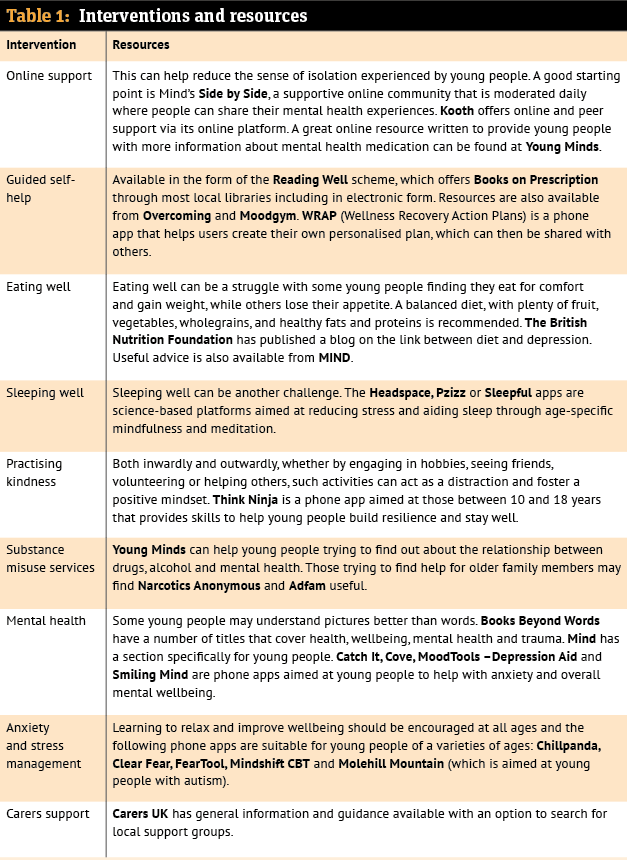Advice and signposting
Pharmacy teams need a clear picture of a young person and their health needs, lifestyle and circumstances to be able to offer advice and signpost them to the relevant help and assistance they may need.
It should not be assumed that they are seeking help for themselves – it could be from concerns about a friend or family member – so any conversation needs to be approached with care, dignity, and free from presumption and assumptions.
Care needs to be delivered in an appropriate area where a young person will feel comfortable talking and expressing their needs. This may mean moving the consultation to a quiet area of the pharmacy or into the consultation room. Providing clear and easy to understand information in a format appropriate to the young person also needs to be considered. What works for one young person may not be appropriate for another.
Involve the patient
Involving the young person in decision-making about how they want to be communicated with is key to having a good dialogue. This may include:
- Providing writing materials so the young person can write information down in their own words
- Allowing information to be recorded so they can listen back to instructions at a later date
- Having a number of short conversations with breaks in between to allow the young person time to understand the information being presented to them
- Having a selection of leaflets and other written materials available including those with pictures
- Arranging a time to come back to further explore their healthcare concerns and ask
questions if needed.
Many community pharmacies already provide discreet services to substance misusers and this can be expanded to young people seeking advice and help for illicit drug use, for example.
Brief interventions can be beneficial to young people, especially those not yet at the point of needing structured help but instead may be identifying potential problems themselves or seeking harm reduction approaches.
Community pharmacy teams can play an active role in advocating the benefits of smoking cessation, a healthy diet and increased physical activity to help with both mental and physical health.
Developing trust and encouraging young people to contribute to the conversation in their own words can help both parties find a way to signpost and access help for substance misuse that is non-judgemental and appropriate for the young person’s needs.
A selection of resources to help young people manage concerns around their mental health, medication, healthy living, alcohol and recreational drug use are listed in Table 1.

